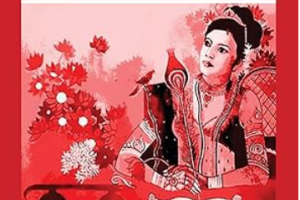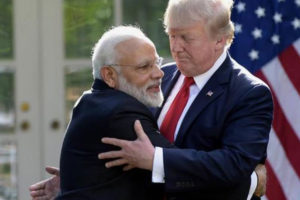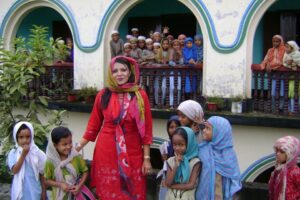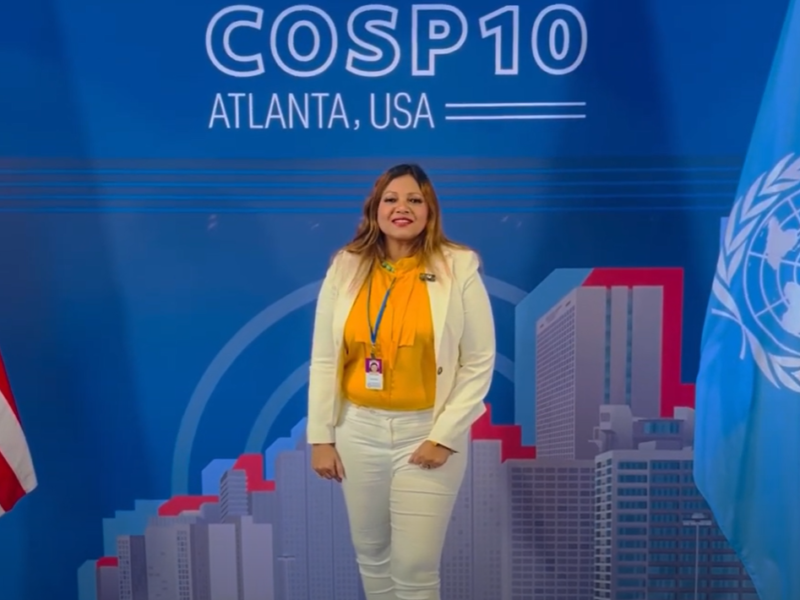The Nobel Peace Prize was awarded to the World Food Programme (WFP) in Oslo on Friday. The United Nations agency is the largest humanitarian organization that addresses hunger and promotes food security.
“With this award, we wish to turn the world’s eyes to the millions of people who face hunger and food poverty,” the committee announced.
The prize for peace differs from the other annual Nobel awards as it is awarded by the Norwegian rather than Swedish committee, as laid out in prize founder Alfred Nobel’s will.
There were 318 candidates, 211 individuals and 107 organizations. Nominations can be made by a select group, including national lawmakers, heads of state and certain international institutions.
The deadline for nominations was February 1, which means that those on the front lines of fighting COVID-19, which was only declared a pandemic in March, were unlikely contenders.
Along with enormous prestige, the prize comes with a 10-million krona ($1.1 million) cash award and a gold medal to be handed out at a ceremony in Oslo, Norway, on December 10, the anniversary of Alfred Nobel’s death. This year’s ceremony will be scaled down due to the pandemic.
On Monday, the Nobel Committee awarded the prize for physiology and medicine for discovering the liver-ravaging hepatitis C virus. Tuesday’s prize for physics honored breakthroughs in understanding the mysteries of cosmic black holes, and the chemistry prize on Wednesday went to scientists behind a powerful gene-editing tool. The literature prize was awarded to American poet Louise Glückon Thursday for her “candid and uncompromising” work.
Still to come next week is the prize for outstanding work in the field of economics.
Source: DW






















